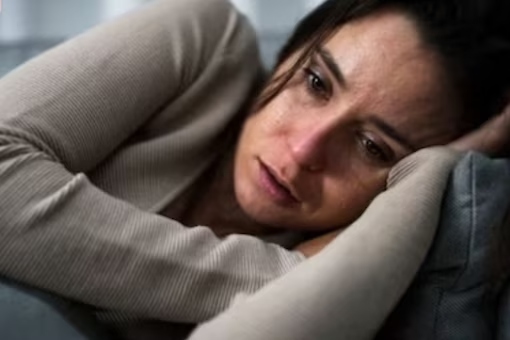The Diagnostic and Statistical Manual of Mental Disorders or DSM does not have any definition for anxiety attack as it is subjective. Experts believe that people often say they are having an anxiety attack when they are actually experiencing an episode of panic attack. But anxiety can be defined by its physical symptoms like feeling lightheaded, dizziness, knot in the tummy, restlessness, rapid breathing, diarrhoea, sweating, pins and needs, headaches, irregular heartbeat and hot flushes as well. Anxiety may have a trigger like a fight between parents, health problems, exam stress or a relationship conflict.
On the other hand, panic attacks can occur in someone with an anxiety disorder. The DSM defines a panic attack as “an abrupt surge of intense fear or discomfort” reaching a peak within a few minutes. The symptoms of panic attacks may feel severe and the person truly believes they will die. It can happen suddenly even when the person is calm. It also shows physical symptoms and feelings of immense terror and a person experiencing it feels at a total loss of sense of control. Generally, panic attacks occur suddenly and peak within 10 minutes and then subside.
While both anxiety and panic attacks involve a sense of fear, racing heart, dizziness, nausea, numbness, chest pain and irrational thoughts, they certainly differ in how they begin. Anxiety gets triggered when you are worrying, tensed, fearful or stressed. It develops gradually and is usually the response to concern or worry which can vary from mild to severe.
But a panic attack comes without any kind of warning and quickly makes a person feel out of control. Even if the person is calm or asleep, they could experience a panic attack. There might or might not be a trigger, but the feeling of fear takes full control.
Tips to manage stress include-
Recognising the signs of stress or anxiety and taking immediate action, which can be catching a break or seeking help.
Regular physical activity is known to boost mental health.
Learning some relaxation techniques like meditation and other strategies to reduce stress and anxiety like meditation and aromatherapy.


